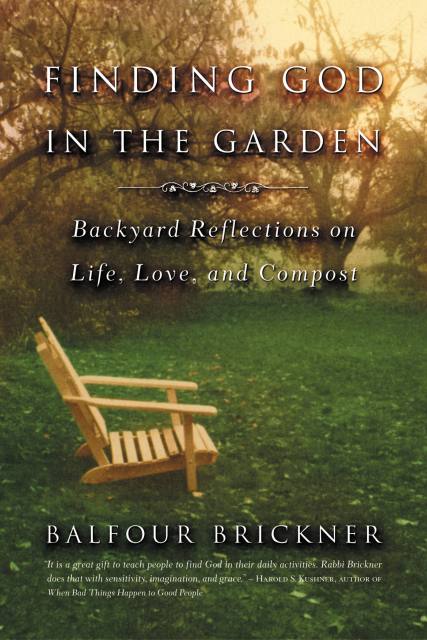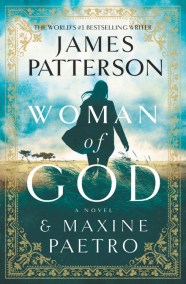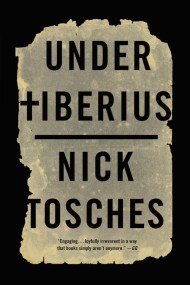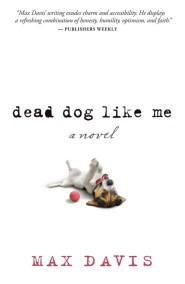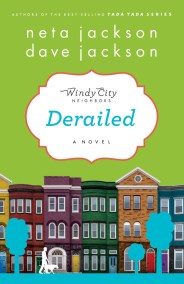Promotion
Use code MOM24 for 20% off site wide + free shipping over $45
Finding God in the Garden
Backyard Reflections on Life, Love, and Compost
Contributors
By Balfour Brickner
Formats and Prices
Price
$9.99Price
$11.99 CADFormat
Format:
- ebook $9.99 $11.99 CAD
- Trade Paperback $19.99 $25.99 CAD
This item is a preorder. Your payment method will be charged immediately, and the product is expected to ship on or around June 27, 2009. This date is subject to change due to shipping delays beyond our control.
Also available from:
Grieving after the death of a beloved daughter, Rabbi Balfour Brickner struggled with his faith while preparing a flowerbed. One day the rabbi found himself writing down the thoughts that came to him as he turned the soil, and observing nature’s abundant examples of order and renewal, miracles and beauty, Rabbi Brickner found his faith returning like a garden in spring.
Using the garden as a sanctuary and springboard, Rabbi Brickner considers the lessons to be learned from the tasks of caring for the land, the wonder of a garden in full bloom, and the connections between Biblical teachings and botanical life. Finding God In The Garden is a passionate, witty, and provocative celebration of mature religious faith derived through nature, reason, and the joys of everyday work.
Explores rational spirituality, reconciling faith with enlightened thought.
Using the garden as a sanctuary and springboard, Rabbi Brickner considers the lessons to be learned from the tasks of caring for the land, the wonder of a garden in full bloom, and the connections between Biblical teachings and botanical life. Finding God In The Garden is a passionate, witty, and provocative celebration of mature religious faith derived through nature, reason, and the joys of everyday work.
Explores rational spirituality, reconciling faith with enlightened thought.
Genre:
- On Sale
- Jun 27, 2009
- Page Count
- 240 pages
- Publisher
- Little, Brown and Company
- ISBN-13
- 9780316076494
Newsletter Signup
By clicking ‘Sign Up,’ I acknowledge that I have read and agree to Hachette Book Group’s Privacy Policy and Terms of Use
